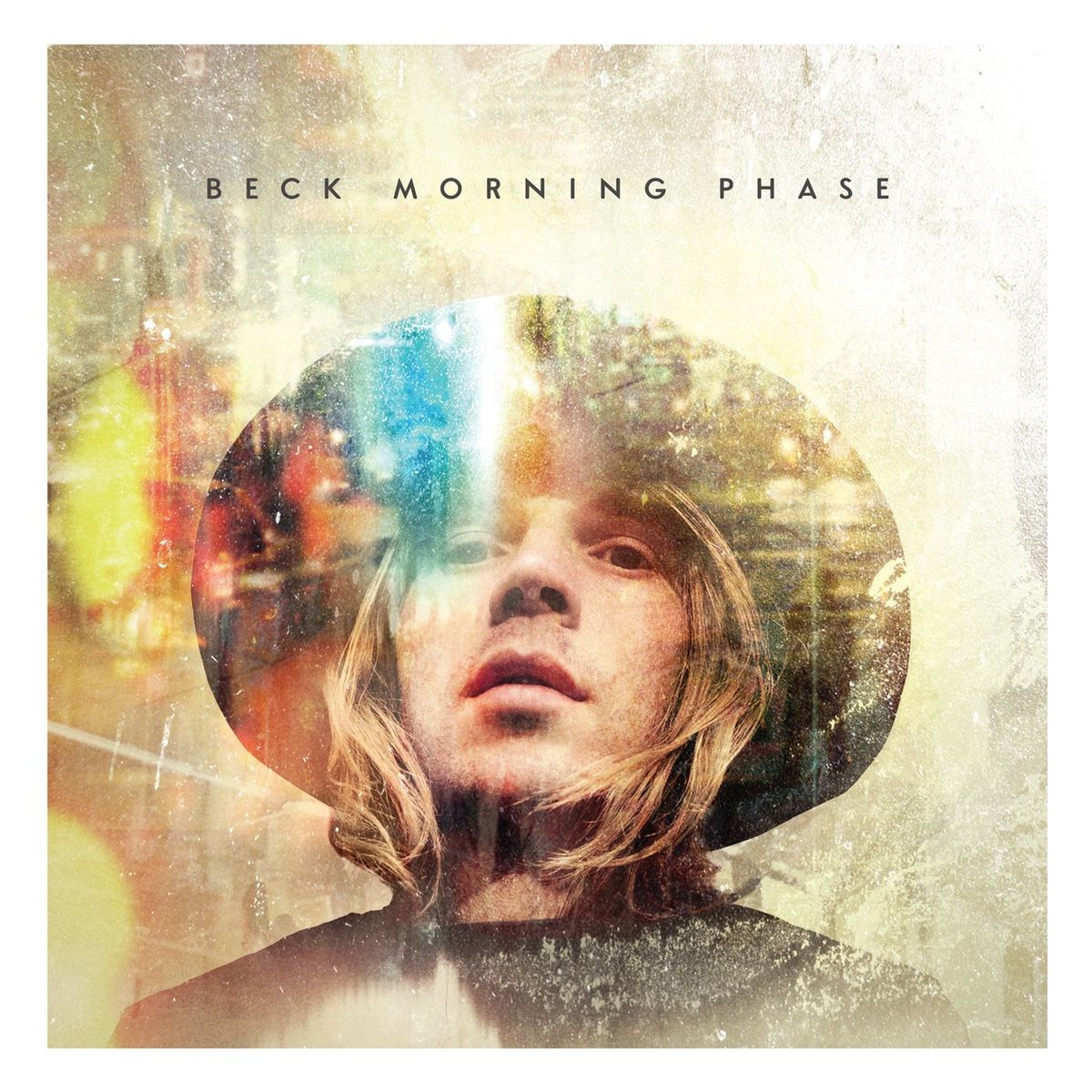Beck Finds Rebirth with New Album

March is around the corner, meaning the flurry of albums I’ve actually been looking forward to will be upon me soon. I’m struggling through the wait for the new Hold Steady and Drive-by Truckers albums (seriously, if anyone has any interest in rock music you really should check out these two criminally underrated bands), not to mention a new release by the seemingly unstoppable Neil Young, who continues to release music like the only thing between him and the reaper is a wall of cathartic distortion and his whiny voice. Speaking of longevity, after perusing a list of upcoming releases, I stumbled upon my old pal Beck. You mean the guy who releases sheet music albums now? Yes, him. Who would have thought the guy everyone was calling a one-hit-wonder 20 years ago would still be a viable commercial and artistic force today? While I’m more of an on-and-off-again Beck fan than a true follower, and thus wasn’t chomping at the bit for new music from him, seeing that he had a new album coming out reminded me of the 90s and gave me that special fuzzy feeling in-side.
Beck managed to strike a nerve and stay relevant long after many other mid-90s alt and rock artists (Weezer, Oasis) came and went, all the more intriguing because he was by far the least radio friendly of many of his peers. But here we are in 2014 and “Morning Phase” is largely considered a success, primed to reinsert the man into public consciousness. With “Morning Phase” he seems ready to stake his claim again as one of modern alternative’s most important figures.
It’s interesting then that Beck seems so relaxed and comfortable here, perhaps more-so than ever. “Morning Phase” doesn’t feel like the sort of record designed to make a statement or to establish an artist as a major cultural force, but simply to remind us of a good friend we’ve missed. Early coverage of “Morning Phase” has compared it to “Sea Change”, his 2002 mastery of depression and unease. Perhaps the most fascinating thing about this album is how such a comparison is both entirely apt and completely deceptive. Whereas most Beck albums are song-based affairs, with the musician going quickly and even abruptly between wildly disparate songs in a fascinating manner, “Morning Phase” echoes “Sea Change” in being less song focused and more mood-centered. But the mood is completely different this time around. Whereas “Sea Change” suggests heartbreak at it’s most despairing, “Morning Phase” is largely an upbeat, optimistic affair, with Beck channeling a sunnier disposition both lyrically and musically. Beck wrote “Sea Change” in the midst of a break-up, and “Morning Phase” definitely indicates a more mature, thoughtful outlook on heartbreak than Beck may have had in his early 30s.
The album is intelligently sequenced as well, lending credence to its emotional journey and its themes of hope. It starts slowly and quietly, before building up over four songs to the album’s most cheerful, anthemic piece and emotional high, “Blue Moon”, whose name echoes both the skyward high of the song after the slow climb upwards and the calm serenity of the album on the whole. The deceptively simple acoustic guitar and charming synths bring to mind nature but it’s Beck’s impassioned, dramatic vocal that really elevates this from a good song to a great one. The album then segues into “Unforgiven,” another mood piece and the calm immediately before the storm, as though Beck having climbed his mountain and proven himself is too busy enjoying the clouds to create anything more than pleasant filler.
Things then come crashing down with the album’s saddest, and most “Sea Change”-like song, “Wave,” where the album’s prominent strings are at their loudest and most harrowing and Beck delivers one of his strongest and most existential vocals behind them as though battling for supremacy amidst the tantrum. The album then builds back up in its more country-inflected second half, starting with the somber “Don’t Let it Go,” where Beck provides telling advice to himself and his audience, and moving on to the light-hearted “Blackbird Chain,” the airy CSNY-like “Turn Away” to the appropriately-named “Country Down,” which would have sounded at home on Elton John’s underrated classic “Tumbleweed Connection,” which this album evokes at times. After this generally happier second half comes the album’s second high and concluding statement, “Waking Light,” an equally incandescent peak, albeit one which is more restrained. Rather than echoing a dramatic achievement like “Blue Moon,” it comes off as more comfortable with itself and less in need of making a statement. Its harmonies, straight out-of “Pet Sounds”-era Beach Boys, and evocative synths reflecting an elegant and appropriately optimistic endpoint, it makes for a great end to a strong album. “Waking Light” is truly the song the album builds toward, its relaxed optimism reflecting a more mature and confident outlook on tragedy than a younger Beck was capable of.
“Morning Phase” is about heartbreak and loss, but it suggests both its temporary nature (“mourning phase”) and the beginning or birth of a new day (“morning phase”). But the music is both more carefully measured and less immediately impactful. Beck splits the difference between despair and, of all things, sunny, cheerful CSNY style folk rock; it’s still dissonant enough to push away from the easy listening Southern California folk albums seemingly everywhere in the 70s. Despite its optimism, it’s still Beck. Lead singles “Blue Moon” and “Waking Light” are sure to be Beck classics, but the album’s strength is in its cohesiveness and consistency. These songs feel like they belong together. They may not be his best set of tunes, but at this stage in his career, especially coming 12 years after the heart-wrenching despair of “Sea Change”, they are a welcome change of pace. Above all, they remind what a singular talent Beck is; as is true with much of his past work, they sound like nothing else he’s ever done but are instantly recognizable as his own. He’s evolved here, but he’s still himself.





Comments ()